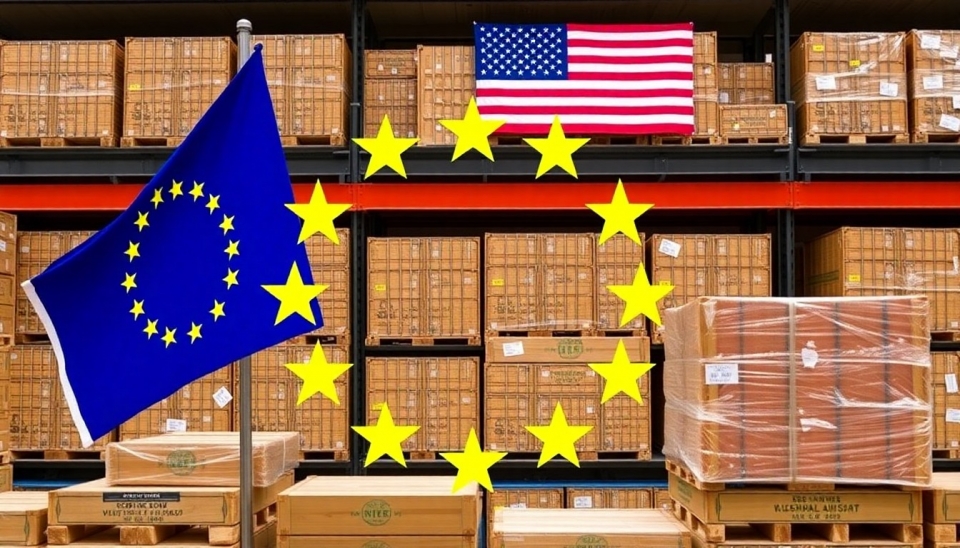EU Delays Imposing First Round of Retaliatory Tariffs Against US Until Mid-April

The European Union has decided to delay the imposition of the first round of retaliatory tariffs against the United States until mid-April. This decision comes amid ongoing trade negotiations between the two parties and the potential for current conditions to change. The delayed tariffs will affect a range of products that could impact American companies and the economy as a whole.
Initially, the retaliatory measures were set to be put in place earlier, but EU diplomats expressed hope for the possibility of reaching a compromise with Washington before that date. It's important to note that the tariffs will primarily target goods that keenly reflect the consequences of recent trade disputes, including agricultural products and industrial equipment.
Some experts suggest that the delay in imposing tariffs could be leveraged as a method of applying pressure on the US to achieve better trading conditions for EU countries. For instance, if the parties can reach an agreement, it could lead to improved relations between the continent and America, which, in turn, would positively affect the economies of both sides.
However, the long-term consequences of this protracted bureaucratic procedure remain a subject of debate among economists. Observers emphasize that the situation requires careful analysis, as trade disputes can undermine not only the economies of the participating countries but also the stability of global markets.
Furthermore, there is growing concern about how retaliatory measures might affect the trustful relationship between the US and the European Union. In an environment of uncertainty, many companies on both sides of the Atlantic are beginning to reassess their strategies, trying to adapt to potential changes in trade conditions.
Thus, there remains much work and diplomatic effort needed to avoid escalating the conflict and find a viable solution for both sides. It is expected that negotiations will continue, and perhaps in the coming months, we will see progress in resolving trade disputes.




